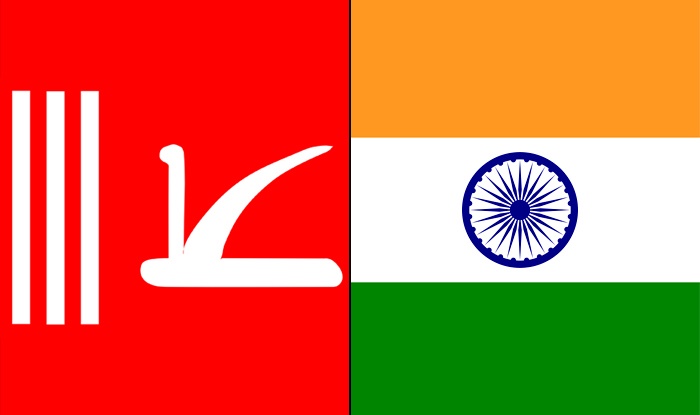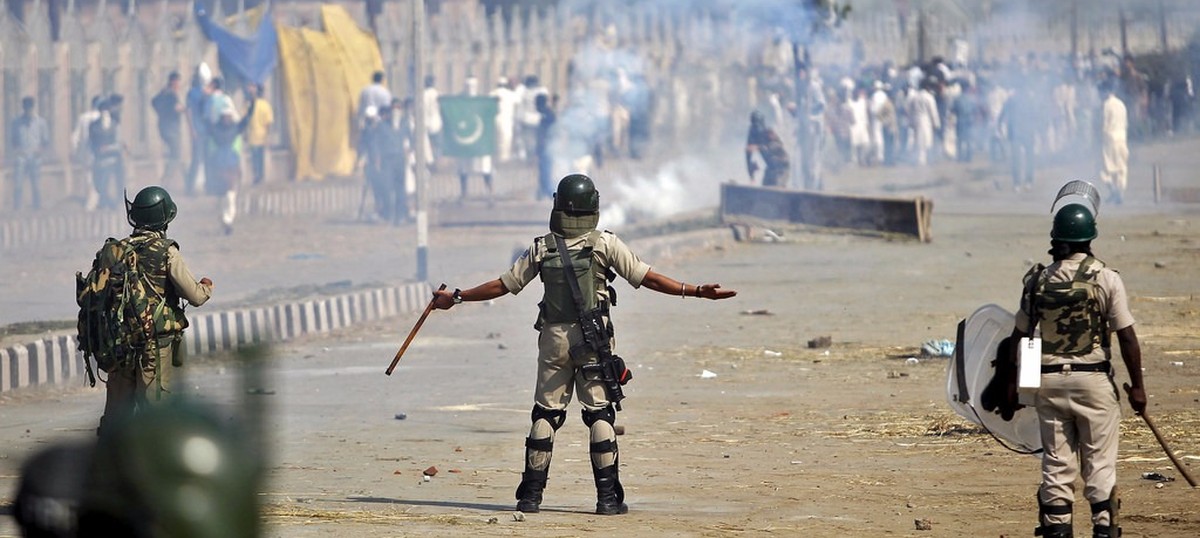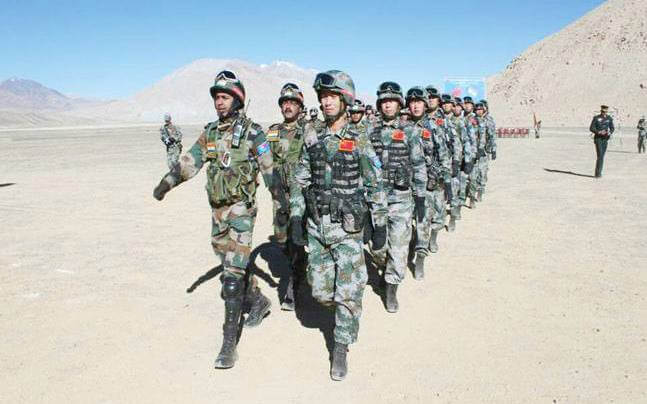Article 360 of the Indian Constitution gives the Central government the right to declare a financial emergency in a state, but Article 370 prevented the Centre from doing so in the case of Occupied Kashmir, except during war or external aggression.
Article 370 of the Indian Constitution gave special status and treatment to Occupied Kashmir and its citizens, its own Constitution and a flag including various concessions granted to it. Article 370 was incorporated in the Constitution in 1949, two years after the state appeared as an independent country. It was signed between Hari Singh and Lord Mountbatten, the then Governor-General of India. Putting exception on defense, foreign affairs, finance, and communications matters to imply over disputed Muslim-majority state of Jammu and Kashmir.
Relevant: Articles 370 and 35A – How they sustain Kashmir’s special status
The objectives of Article 360
If the President of India foresees alarming conditions that there could be an economic situation in which the financial stability or credit of India is threatened, he or she can declare a financial emergency. Such an emergency must be approved by the Parliament within two months.
Such a condition has never been declared, yet. It was going to happen but was avoided by risking the gold assets of India as collateral damage to safe foreign credit.
In case of a financial emergency, the President can reduce the salaries of all government officials. All money bills passed by the State legislatures are bound to the President’s approval. He can direct the state to follow certain methods regarding economy measures in order to sustain financial stability, without affecting fundamental rights.


























Leave a Reply